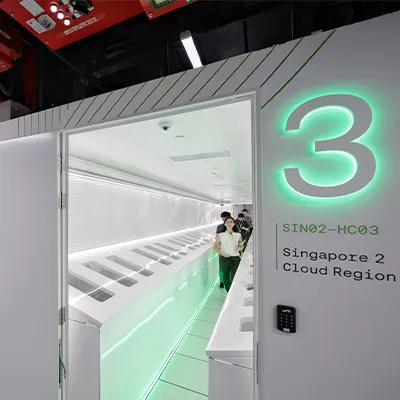4) Customer experience is key
Want to get commuters to make the switch from cars to trains and bicycles? Improve the customer experience, said leaders from France’s national railway company SNCF and French public transport operator, Transdev. This can take the form of “all-in-one” mobile applications that give riders information on different transport options or expanding public transit to connect cities to suburbs.
Choy Yong Cong, Head of Europe at Singapore Economic Development Board, noted that Singapore had embarked on a “45-20-10” approach to mobility.
Public transport has been designed and built so most residents can:
- Complete peak-period journeys in 45 minutes
- Spend less than 20 minutes to travel to the nearest neighbourhood centre
- Access an integrated transport hub in 10 minutes from their home
5) Local partners are crucial for success and to scale
Companies looking to scale their mobility innovations will need local partners to successfully launch a go-to-market strategy.
Sinay is a French startup that provides a proprietary AI-driven software platform to gather, analyse and monitor complex maritime data on a single interface. The company was able to expand through the support of investors with strong regional connections.
Yanis Souami, CEO of Sinay, notes: “Connecting with investors with a Singapore presence, such as Shift4Good and Motion Ventures, helped us to secure the funding needed to go global.”
Yann Marteil, Co-Founder and Managing Partner of Shift4Good, a mobility-focused venture capital fund highlighted the growing demand for mobility innovation in Asia.
“Southeast Asia is a great opportunity for businesses. The region has the open-mindedness and willingness to adopt innovative solutions, and the will to change. So, look east!”
At the GMEF, EDB shared its views on the role governments can play in sustainable transport and hosted a workshop on “Sustainability and Mobility Opportunities in Singapore and Southeast Asia” together with the French Chamber of Commerce in Singapore, Sinay and Shift4Good.
Footnotes:
1 ST Engineering, “ST Engineering Unveils New On-Demand Autonomous Shuttle Service at Gardens by the Bay”, accessed 14 June 2023, https://www.stengg.com/en/newsroom/news-releases/st-engineering-unveils-new-on-demand-autonomous-shuttle-service-at-gardens-by-the-bay/.
2 Singapore Green Plan https://www.greenplan.gov.sg/.








